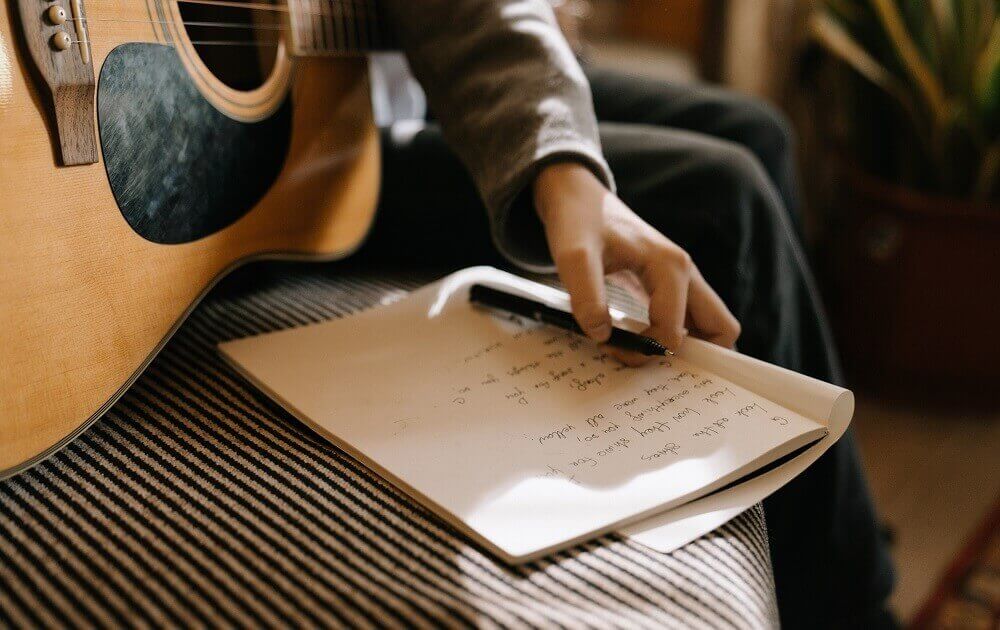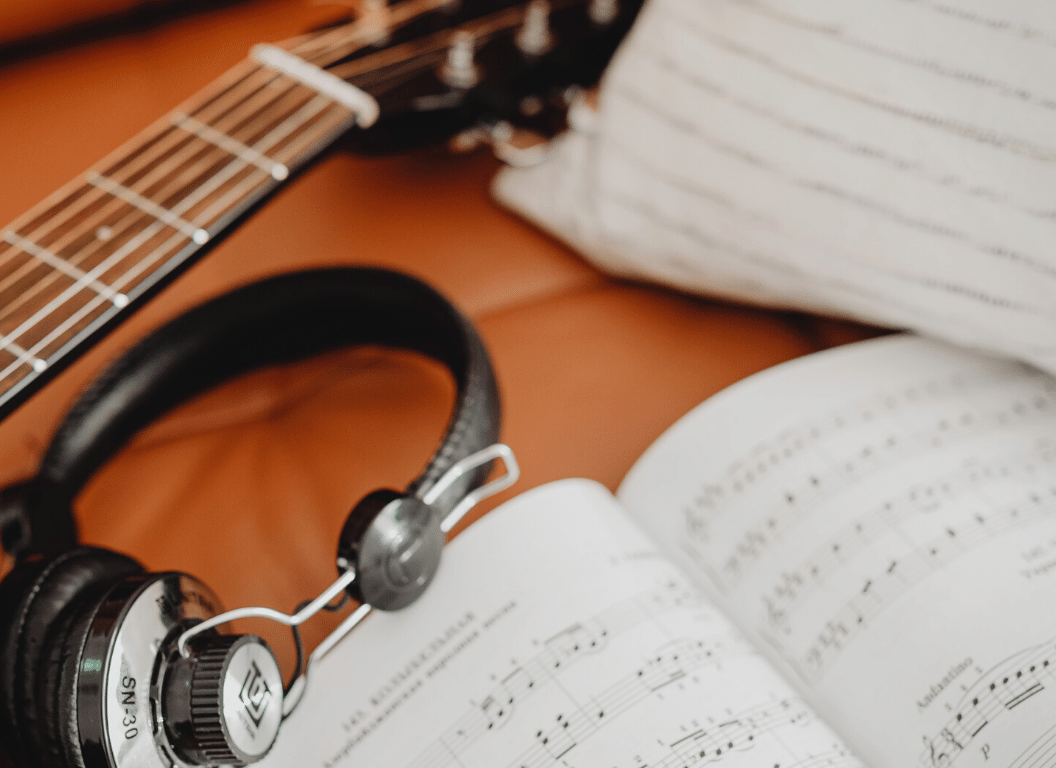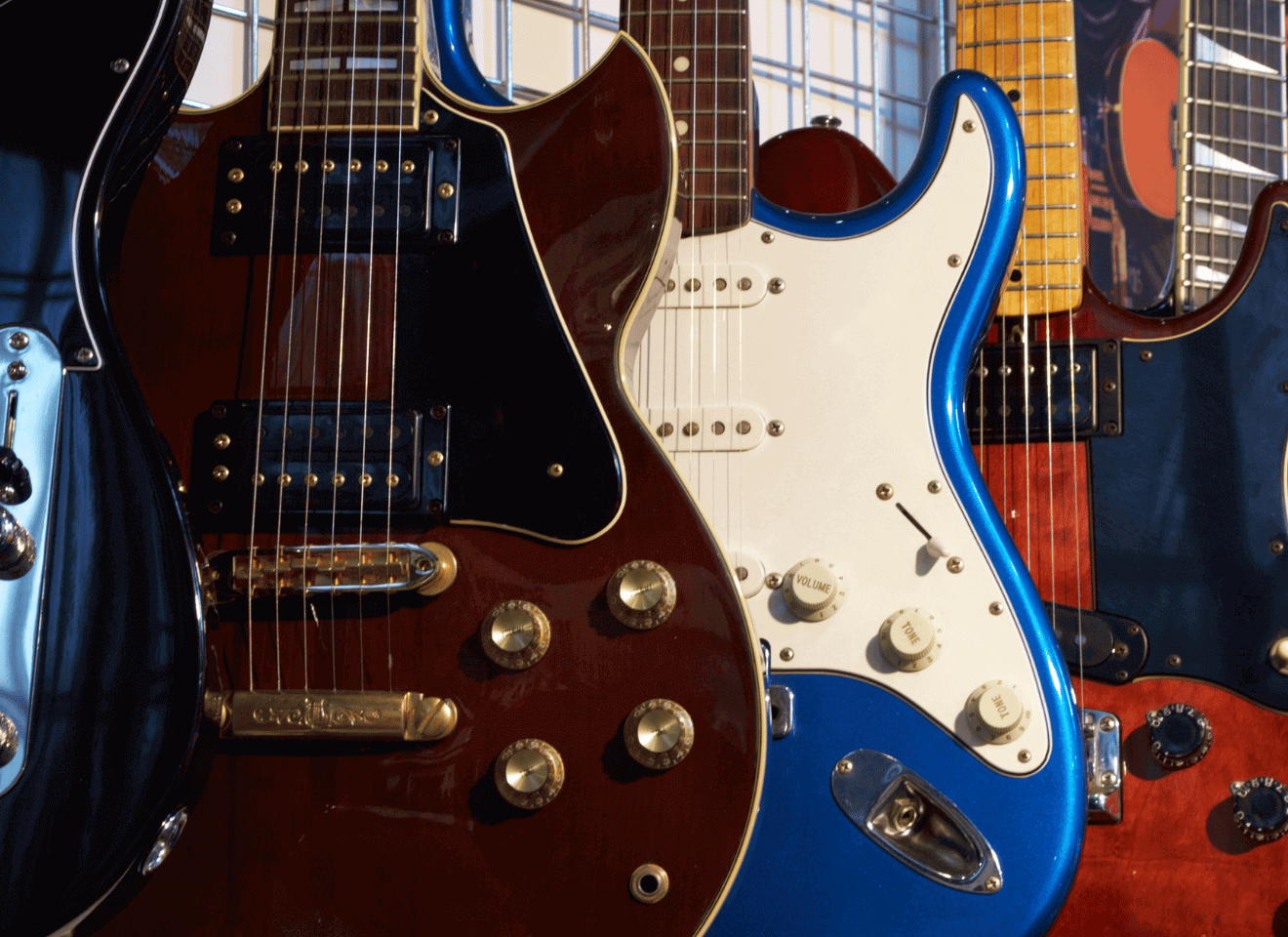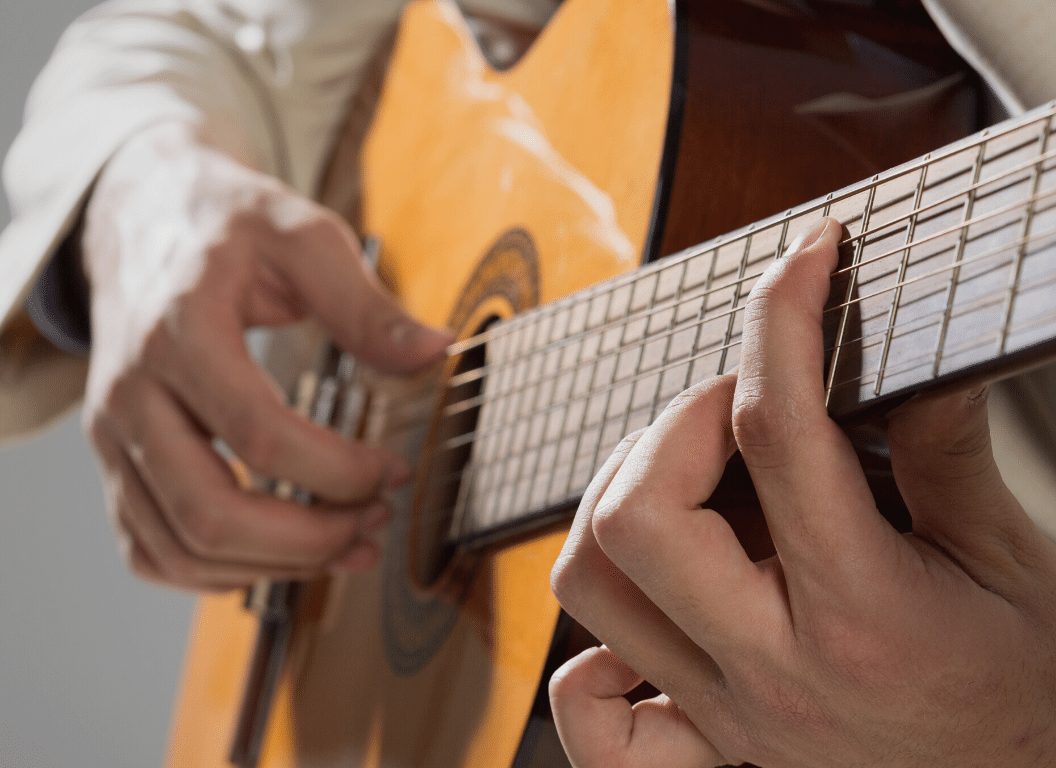Are you looking to find ways to have an actual productive guitar practice session?
Every guitar player – whether they are a beginner, intermediate, or advanced player – can benefit from practicing effectively and efficiently.
Unfortunately, not all practice sessions are created equal.
In fact, many guitarists find themselves wasting time during their practice sessions without even realizing it.
If you want to make the most of your limited time and maximize your guitar playing progress, then check out these 10 tips on how to have a productive practice session:
Table of Contents
- 1. Pay attention to the time and duration of the session
- 2. Set achievable short-term goals
- 3. Use a metronome regularly
- 4. Be as consistent as possible
- 5. Track your progress in any way possible
- 6. Pay attention to your guitar playing form
- 7. Stretch your hands and body before starting to practice
- 8. Take small breaks in between sessions
- 9. Incorporate a variety of guitar exercises
- 10. Isolate and work on specific problem areas
1. Pay attention to the time and duration of the session
One of the first things that you must do is assess how much time you realistically have to practice.
If you only have 30 minutes, then don’t try to practice for 2 hours.
It’s very important to be realistic with the amount of time that you have available so that you can properly plan your practice sessions.

Once you know how much time you have, break down that time into manageable chunks.
For example, if you have 1 hour to practice, you could break it down into 4 15-minute blocks.
This will help you stay focused and avoid burnout.
It will also allow you to do different things and organize your practice session more effectively
2. Set achievable short-term goals
Another important step is to set achievable short-term goals for each practice session or for a period of a few weeks.
These goals could be anything from learning a new song to working on a specific technique that you’re struggling with.
The key is to make sure that the goal is something that you can realistically achieve in the time frame that you have available.
Instead of saying I want to play the solo in this song perfectly, you could say I want to be able to play the first 8 bars of the solo without making any mistakes.
This is a much more achievable goal that you can actually measure and track your progress with.
Almost the same thing can happen with chords or anything else you want to work on.
So instead of saying I want to be able to play all chords perfectly, you could say I want to be able to switch between these two chords without any hesitations or mistakes.
3. Use a metronome regularly
Using a metronome can increase the efficiency of your practice sessions by helping you stay on track and focused.
It can also help you develop a better sense of timing and rhythm, which is essential for all musicians.
For example, if you’re working on something that’s particularly challenging, start slow and gradually increase the tempo as you get more comfortable with it.

This will help you to avoid making mistakes and will allow you to focus on the task at hand.
Metronomes are also very useful in other aspects of guitar playing such as developing your sense of timing, rhythm, and groove.
So make sure to use a metronome regularly during all of your practice sessions.
4. Be as consistent as possible
As they say, consistency is key!
This is especially true when it comes to practicing the guitar.
The more consistent you are with your practice, the faster you will improve.
So if you can only find 30 minutes a day to practice, that’s fine, just make sure that you’re doing it every day.
A person who practices for 30 minutes every day will progress much faster than a person who only practices for 2 hours once a week.
Of course, it’s always best to practice for longer periods if you can, but the most important thing is to be consistent with your practice.
You can aim to practice for at least 5 days a week, with each session being at least 30 minutes long.
But if you can’t commit to that, then 2-3 days can also give you significant benefits.
If you want to master the guitar, then you can use the 10,000 rule, which states that you need to practice for at least 10,000 hours to achieve mastery in any field.
Of course, this is a long-term goal and it’s not realistic for everyone.
But if it’s what you’re looking for, then get to as close to 10,000 hours of practice as possible.
5. Track your progress in any way possible
This can be achieved in a number of ways, but the most important thing is to track your progress in some way.
This will not only help you stay motivated, but it will also give you a sense of accomplishment and show you how far you’ve come.
One way to do this is to keep a practice journal.
In your journal, you can write down what you worked on during each practice session, how long you practiced, and any challenges or successes that you had.
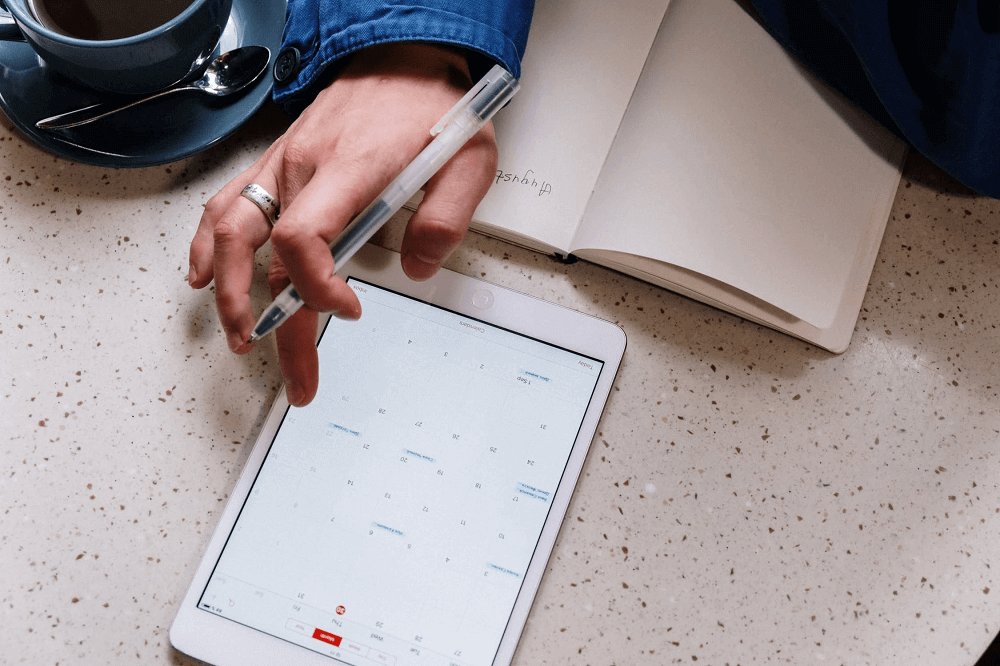
You can also use a recording device to record your playing and then listen back to it to hear your progress over time.
Another way to track your progress is by taking video footage of yourself playing.
This can be very useful in seeing how your technique has changed and improved over time.
Whatever method you choose, just make sure that you’re tracking your progress in some way so that you can actually have a way of measuring your success.
6. Pay attention to your guitar playing form
Your playing form is very important in ensuring that you’re able to play the guitar correctly and without any problems.
Good playing form will not only help you sound better, but it will also help you avoid injuries and other problems.
There are a few things that you should keep in mind when it comes to your playing form:
Your posture should be upright and relaxed, and you should be sitting in a comfortable position, but also practice standing up from time to time.

As for your hands, your fretting hand should be in a position that is comfortable for you, and your picking hand should be in a position that allows you to make the appropriate picking motions.
Your guitar should also be properly positioned so that you’re not straining your neck or arms.
If you pay attention to these things, then you’ll be well on your way to having good playing form.
7. Stretch your hands and body before starting to practice
This is especially important if you’re going to be playing for long periods of time.
Stretching will help prevent injuries and will also help you play better since your muscles will be more relaxed.
There are a number of different stretches that you can do, but here are a few that are particularly helpful for guitarists:
First, extend your arms out in front of you and then slowly bend them at the elbows until your hands are behind your head.
Then, use your right hand to grab your left elbow and pull it towards the right, and do the same with your left hand.
Next, put your right hand on your right shoulder and then use your left hand to grab your right elbow and pull it across your body to the left.
Finally, clasp your hands together in front of you and then twist your body to the right and then to the left.
Do these stretches a few times before you start playing, and you’ll notice a difference in how your muscles feel.
Of course, hand-specific guitar stretches also exist and are important; you can find more information on those by doing a quick search online.
Generally, as long as you move them a little bit in all directions, your joints will be ready enough for playing.
8. Take small breaks in between sessions
Practicing guitar is essentially like going to the gym – your muscles need time to rest and recover in between sessions.
If you practice for long periods of time without taking any breaks, then you’re more likely to get injured or burned out.
So make sure that you take a few minutes of break in between each practice session.
During your break, you can do something else that’s relaxing, such as reading, listening to music, or watching a video.
This will help you come back to your practice session feeling refreshed and ready to play.
Aside from that, on a quick note, make sure to get plenty of rest and sleep every night.
Getting enough sleep is important for overall health and well-being, and it will also help you play better since your muscles will be rested.
9. Incorporate a variety of guitar exercises
These include chromatic exercises, scale exercises, picking exercises, and many others.
They’re basically like weight-lifting for guitarists – they help you build up your strength, dexterity, and stamina.
Incorporating a variety of guitar exercises into your practice routine is a great way to improve your overall guitar playing.
There are many different exercises that you can do, and you can find plenty of resources online that will show you how to do them.
One exercise that’s particularly helpful for beginners is like we mentioned, the chromatic exercise!
The term “chromatic” in its simplest form and when it comes to music, means notes that are a semitone (1 fret or 1/2 step) away from each other.
To do this exercise, simply play each note on the guitar one after the other in a chromatic fashion.
Start with the lowest note on the guitar and then move up to the next highest note, and so on.
Do this for a few minutes each day, and you’ll notice a difference in your guitar playing in no time.
10. Isolate and work on specific problem areas
This is something that all guitarists need to do from time to time.
There will always be areas of your guitar playing that need improvement, and it’s important to identify those areas and work on them specifically.
For example, if you’re having trouble with guitar music theory, or your string-skipping technique, then spend some time isolating that and working on it specifically.
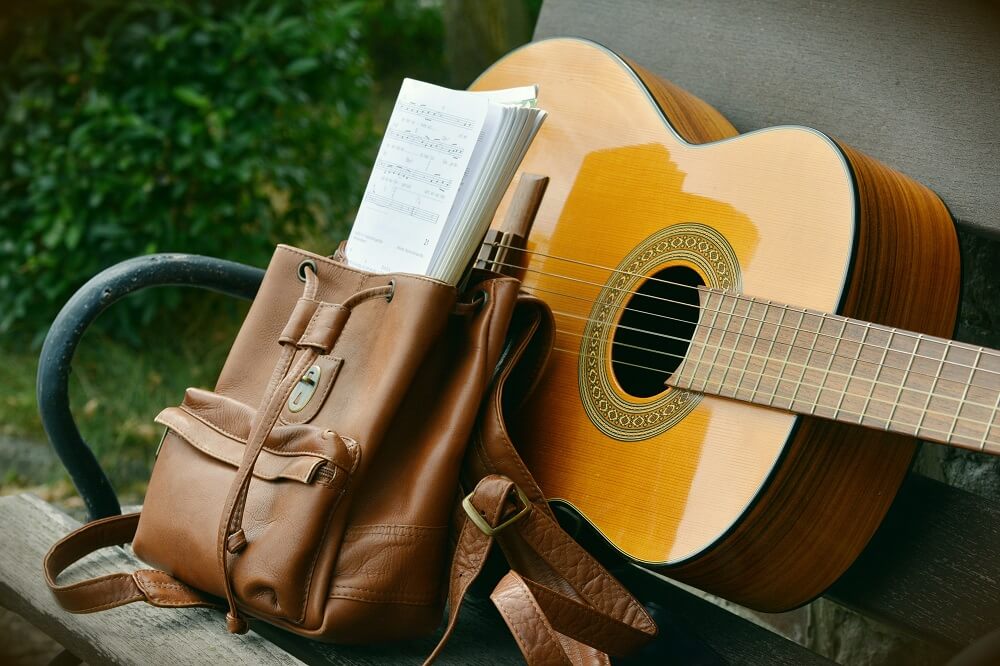
Practice string-skipping exercises, and try to incorporate them into your playing as much as possible.
The more you work on specific problem areas, the better you’ll become at guitar overall.
Another example is when you first start learning guitar, you might find barre chords to be very difficult.
So in that case, you would want to spend some extra time practicing those chords and getting them down.
Just like we said before, organizing your routine is something you’d want to do, so having a portion of it specifically for problem areas is not a bad idea.

More than 10 years of experience playing and writing about guitars! When not writing, I can be found strumming away some Johnny Cash tunes. Favorite all time guitar is the Gibson Les Paul. #TeamGibson

